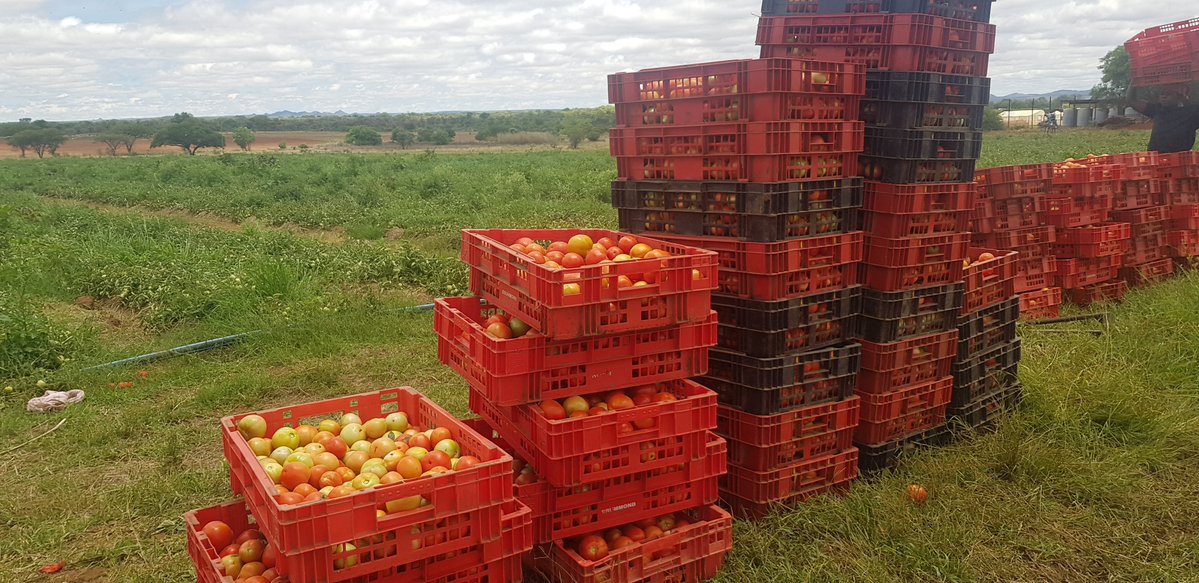Staff Reporter
Tomato farming, a cornerstone of many agricultural economies, faces increasing challenges that threaten both crop yields and profitability.
In an interview with this publication, Agronomist Wendy Madzura, recently highlighted that pests and diseases are among the most significant threats to high-yield tomato production, outlining strategies for farmers to address these issues and improve crop management for better returns.
"High-yield tomato growing has immense economic importance to farmers, but pest and disease issues can significantly reduce yields. To tackle these problems, farmers need to implement cost-efficient measures wherever possible, keep a close eye on their crops, and rely on reliable data to make informed decisions about potential disease outbreaks and pest invasions,” said Madzura.
Tomato farmers, often operating under tight margins, face the ongoing challenge of balancing productivity with cost-efficiency.
Madzura emphasized the importance of proactive monitoring to protect crops from potential losses.
"It is essential for farmers to gather accurate and timely data about their crops. This data can help predict the likelihood of diseases, enabling farmers to act before these issues become severe and result in significant yield loss," she explained.
Additionally, Madzura also pointed out the crucial role of skilled labour in the success of tomato farming.
"Profitable tomato farming requires both trained workers and constant access to up-to-date insights on a range of crop-related issues. From soil fertility and irrigation to pest management and harvesting, having a knowledgeable team is key to maintaining high productivity levels and reducing potential risks," she said.
Furthermore, Agricultural and Rural Development Authority (ARDA) Board Chairman, Ivan Craig, emphasized the need for farmers to adopt integrated farming practices that incorporate modern technology and efficient resource management.
"Farmers can no longer afford to rely on outdated practices or sporadic observations. Real-time data and predictive analytics are the future of agriculture. The tomato industry has a large impact on local economies, and ensuring that farmers are equipped with the right tools and knowledge is essential for maintaining that impact," he explained.
Climate change, shifting pest behaviours, and evolving market demands create additional complexities. By focusing on innovative, data-driven approaches and investing in skilled labour, farmers can better manage risks and enhance their yields for a more profitable future.




